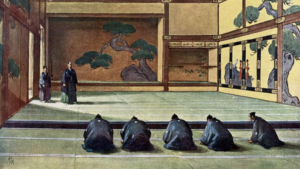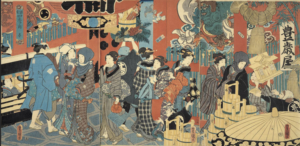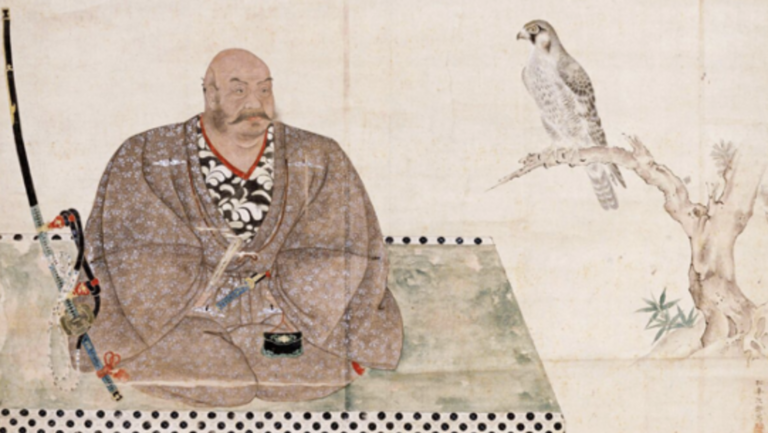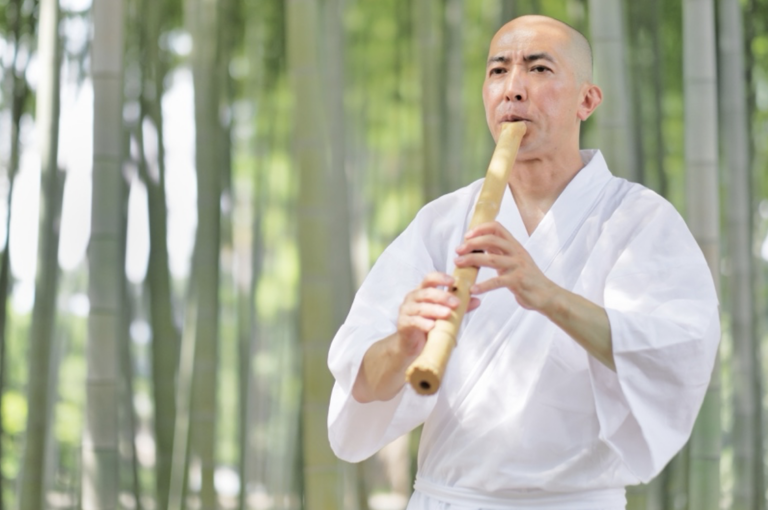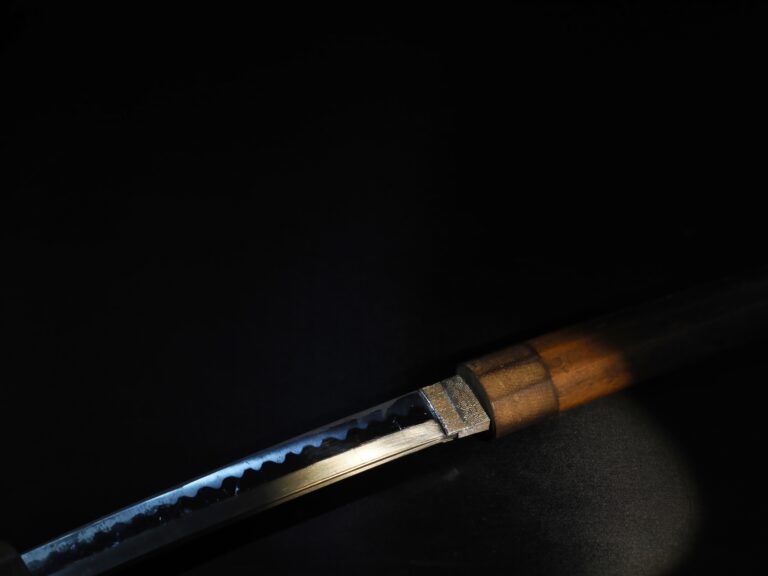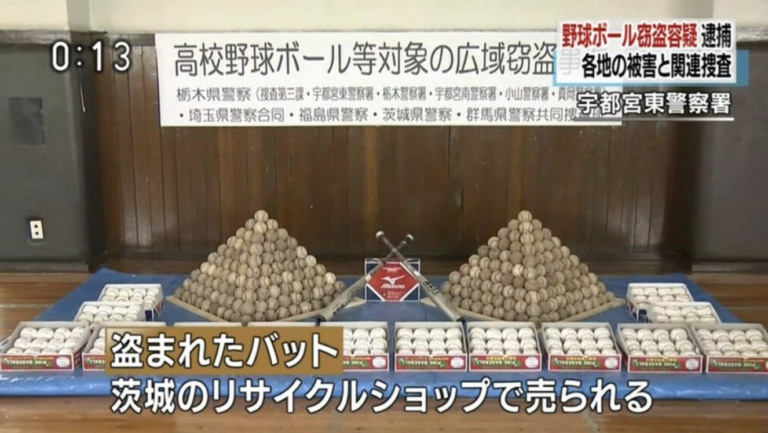Why did the Samurai Era end?
The Edo period (1603-1868) was a peaceful time. There were hardly any wars, and the Samurai were effectively the leaders of Japan. It lasted for 265 years, but the samurai era came to an end in 1868 when the head of the samurai and first shogun, Tokugawa Yoshinobu, returned authority to the Emperor. Japan then proceeded to modernise at a fast rate.
It’s a bit sad that there are no more samurai or ninja, isn’t it?
So, what caused the end of the Samurai Era? Let’s take a look at the history…
Japan calls this “sakoku”, a period when it cut itself off from foreign nations (except for some regions). The reason why it did this was due to fears of colonial rule. This gave rise to the development of Japan’s own culture.
Christian missionaries visited Asian countries, integrated as citizens and started to colonize in the process. Sensing this situation, Japan decided to close the country and then suppressed the Christians. Many of them died, so we cannot speak of them as good or bad, but if the number of believers had continued to grow, the road to colonization may have come.
Japan opens its borders to the world
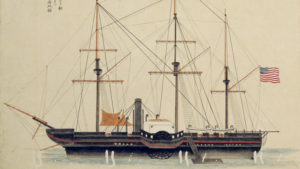
Many countries sought contact with the closed-off Japan. The US dispatched warships and pressed Japan to open up. It was overwhelmed by huge ships made of steel, the likes of which it had never seen before, and there was debate as to whether it should open its borders to the rest of the world. Consequently, the difference in military strength forced Japan to do so.
Conflict grows in Japan
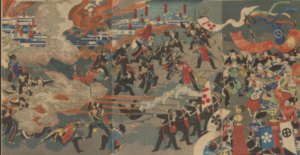
The Satsuma clan, which was located in the western part of present-day Kagoshima prefecture, fought against the British and received a reputation of tough fighters. They ended up being on good terms with the British. The Chōshū clan, (present Yamaguchi prefecture) and the Satsuma clan set out together to overthrow the Shogunate (the government of the time) and create a new era.
This battle, although fought among Japanese, became a proxy war between the British and French, as the British were behind Satsuma and Chōshū, and the French were fighting on the Shogunate’s side.
The war escalated and debts to Britain and France increased in order to import weapons. The Shogunate, which still had some strength left to fight, believed that Japan would be colonized if either side won the war along with surging debts, so it returned authority to the Emperor, and a new era was born.
From there, the people of Satsuma and Chōshū, with the Emperor at the centre, played a central role in the country.
Yamaguchi prefecture has produced the largest number of prime ministers in Japan, and when you consider that this is the Chōshū clan, you can see how much power they held in the political world.
In the end independence is retained
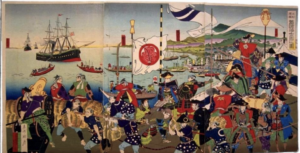
As a result, Japan avoided colonization, and grew quickly by building up its military strength and fought against the world’s great powers.
Unlike Britain and France, the United States, which had pressed for the opening of the country, did not take part in the conflict within Japan. Yoshinobu Tokugawa, the head of the samurai, was not punished, but given a knighthood in the new era, and the Tokugawa family would continue to exist.
I think these events to protect Japan and their outcomes were good for the country, but many people fought and died for the Tokugawa family. I’m not sure that they were convinced of the good outcome. I might be in the minority to think so.
I think we have seen an example of how slow decisions at the top can result in deaths. Look ahead before going to war.
Wars are endless in the world today, but I hope that leaders will have the ability to think ahead.
ABE KENGO


